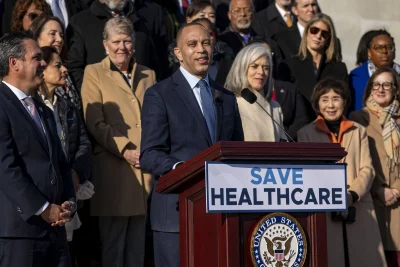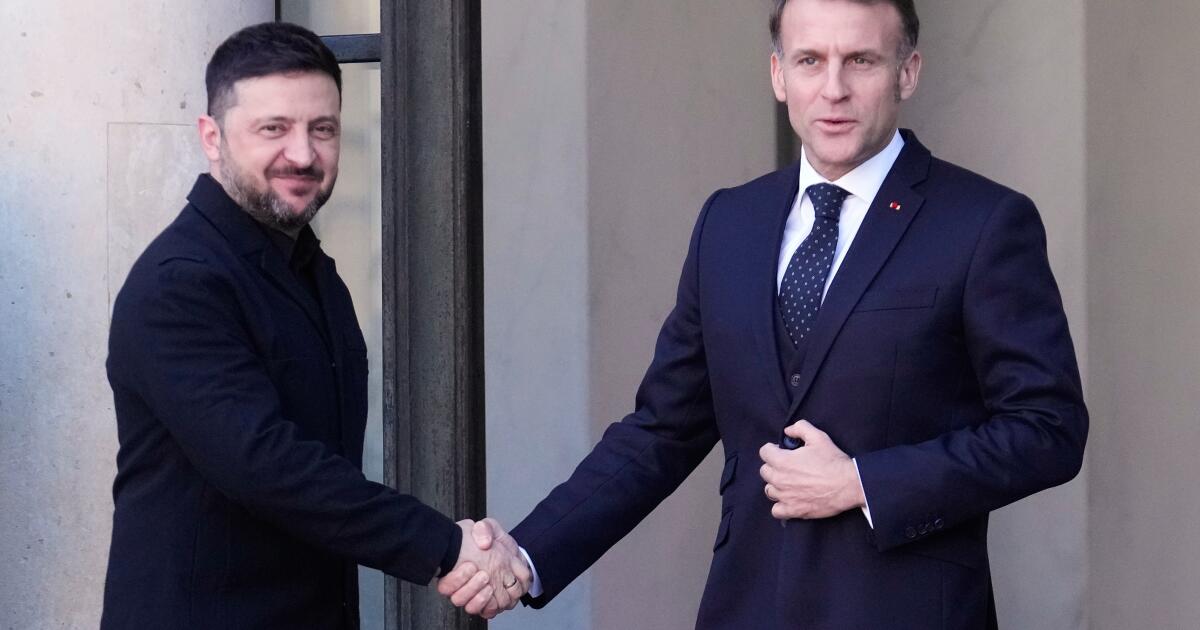House passes ACA tax credit extension amid uncertain Senate future

Jan. 8 (UPI) — Seventeen House Republicans joined their Democratic colleagues Thursday evening to pass legislation that extends Affordable Care Act premium tax credits for three years.
The House lawmakers voted 230-196 in favor of House Bill 1834, known as Breaking the Gridlock Act, sending it to the Senate where passage is anything but assured. The Senate already shot down the proposal last month. President Donald Trump would also have to sign it.
“We did it!” Rep. Lauren Underwood, D-Ill., said in a recorded statement following the bill’s passing.
“And, honestly, I’m just a little bit hopeful that we might be able to get this across the finish line and save our healthcare.”
Affordable Care Act premium tax credits have greatly reduced the costs of healthcare coverage for more than 20 million people annually. The tax credits expired at the turn of the new year, setting the stage for premiums to double for millions of people.
Debate over how to address the expiration of premium tax credits was a key point of contention during the record 43-day government shutdown that ensued in October.
Nine Republicans broke from party leadership on Wednesday to join Democrats in forcing a vote on the House floor with a rarely used discharge petition after House Republicans prevented it from moving forward. Only four Republicans pushed for a floor vote last month when lawmakers tried to pass an extension before the end-of-year deadline.
House Minority Leader Hakeem Jeffries, D-N.Y., who had expected the extension to pass, applauded his party for standing strong on their months-long commitment to “fix our broken healthcare system and address the Republican healthcare crisis, beginning with the extension of the Affordable Care Act tax credits.”
To reporters after the vote, Jeffries called on Senate Majority Leader John Thune, R-S.D., to “immediately” bring the bill up for a vote and “stop playing procedural games that are jeopardizing the health, the safety and the well-being of the American people.”
Rep. Rob Bresnahan Jr. of Pennsylvania was one of the 14 Republicans to vote “yes” to H.B. 1834. In a statement, the junior House member criticized the Affordable Care Act, which is frequently called Obamacare, for allegedly failing to deliver on its promise to lower insurance costs.
“But the only thing worse than a three-year extension of these credits is to let them expire with no solution or off-ramp,” he said.
“I voted for this because, as of right now, it is the only path forward that keeps discussion alive to protect the 28,000 people in my district from immediate premium spikes.”
Rep. Mike Lawler, R-N.Y., is among the Republicans who supported voting on an extension last month. He said ahead of the vote that House members have been working with members of the Senate on a proposal that could pass through with reforms.
“We’ve been working with senators for weeks,” Lawler said. “I think that’s ultimately where we can get.”

